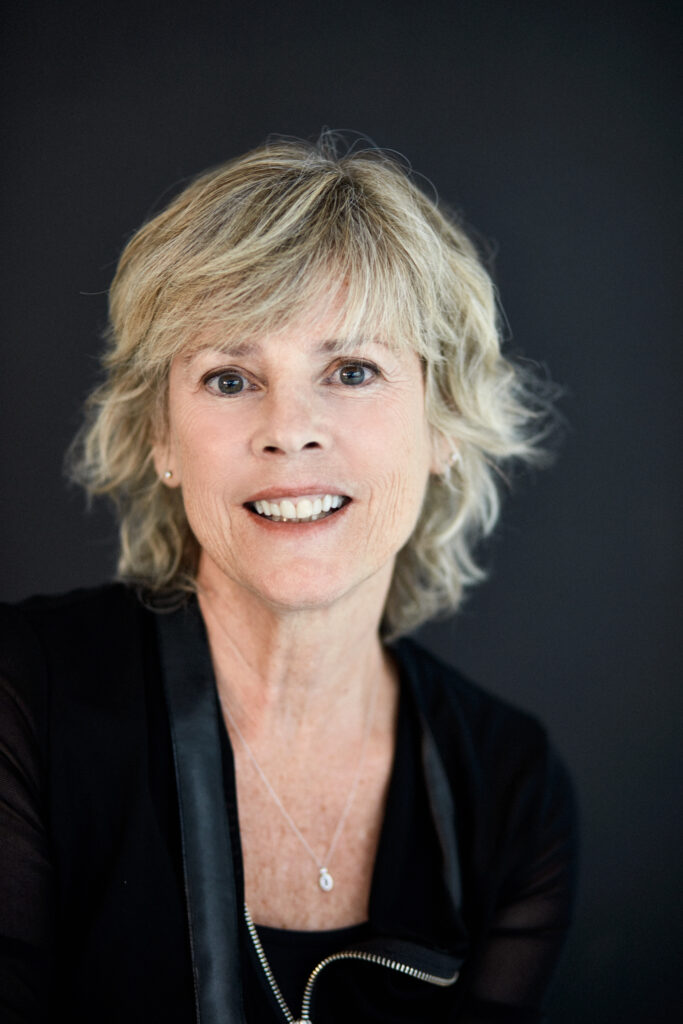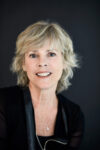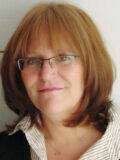ABRIDGED FROM HÉLÈNE DORION’S INTERVIEW WITH MARILOU BROUSSEAU FOR THE PROGRAMME AU COEUR DE L’ÊTRE, RADIO VM, ON 21 OCTOBER, 2021
Marilou Brousseau: How did this writing adventure begin for you? What triggered it in the first place?
Hélène Dorion: The moment I saw my father reading his paper. I sensed there was a whole world that words could reveal to me, a world outside the family home. My father had access to it, and I would do so too through words. I knew I had to grasp this kind of magic that stemmed from words. Later on, I decided to switch from philosophy to studying literature so as to explore the essence of existence, which lies in language, in my view. Connection is the core of human beings, and communication with others takes place either through the body or through language.
Marilou Brousseau: Were there any particular authors or books that opened up your imagination?
Hélène Dorion: Albert Camus’ The Myth of Sisyphus, when I was studying philosophy. It was as if existence started to crack open; this question of the meaning of existence started to shatter thisboulder, which goes down the slope, up, and down again. This was a decisive read that set the course for the rest of my writing career.
Marilou Brousseau: What made you decide to write about forests?
Hélène Dorion: I’ve been writing about forests for a long time, ever since I left Quebec City, where I was born, to live in the Laurentians, which is a mountain range in Canada. I discovered that I had a deep connection with the landscape and forests, which I already knew to a certain extent. That’s when I really began a dialogue with nature, and with trees in particular. I wouldn’t even say close to nature, but in and with nature. Writing about forests has enabled me to establish this dialogue with landscape around me.
Marilou Brousseau: These words are like oysters with pearls inside, that suddenly open up, and then there are an incredible range of images. How do you write poetry with these words?
Hélène Dorion: I write poetry using everyday words, as they interest me the most. We think we know them but this is not the case. I want to go towards what I don’t know, not only about myself and the world, but also about the language of words. I endeavor to write poetry that is limpid, transparent, fairly simple, and immediate. This is the most essential aspect of poetry, and I really like people to get into my work without needing to have read 3,000 poems (although it’s good to get into the habit of reading poetry). Poetry can profoundly transform the way we look at things, and this lies at the heart of how and why I write.
Marilou Brousseau: The third part of your collection Mes Forêts is entitled l’onde du chaos (‘wave of chaos’). What wave and what chaos are we talking about?
Hélène Dorion: The moment when my inner forests cross paths with those of the world in which we live, with their shadows, opacity, and wild beasts. The world still gives us opportunities to see moments of beauty, but it is also partly in the process of collapsing, and this is creating waves of chaos affecting us deeply. No one would say that things are going well in the world, that everything’s fine, and we each feel the shock of this disastrous state of affairs. We can’t help but feel it in our own lives, it’s the story of humanity after all.
Marilou Brousseau: Indeed, where are we in the story of humanity, in your view?
Hélène Dorion: I think we’re at a pivotal moment when we need to rethink our choices, both individually and collectively. It’s a banal question, but what do we want to do with the time given to us, the time given to the human race? We can’t go our own little way without confronting the chaos of today’s world, with its wars, misery, questions of racism and equality. We have to take a long hard look at these issues, which concern us all, so we can see better and choose a way forward. Do we want an egalitarian world or one where everyone will be torn apart?
Marilou Brousseau: Is there a fear for tomorrow, is there a fear for humanity?
Hélène Dorion: I hope so, because fear can be the birthplace of change. Fear is a positive force, it’s a source of action, and movement. Unfortunately, human beings are such that they have to be afraid to say, well, now I have to change things. And it’s no longer just a question of puttingyour recycling out once a week. The world has entered a perilous state and we are endangering humanity, not just the earth. I hope that everyone will become aware of this danger and learn from it. We can often feel powerless in the face of all this, but giving up is not an option. We have to take steps to ensure future generations have access to this beauty, to hear the wind in the forests, and enjoy the rivers. Poetry can be a small grain of sand in this change of mindset, but I believe in the power of words to transform the way we see and the way we are.
Also, Read Horizons and Other Poems by Hélène Dorion, translated from the French by Patrick Williamson and published in The Antonym:
|| Horizons and Other Poems — Hélène Dorion
Follow The Antonym’s Facebook page and Instagram account for more content and interesting updates.




























0 Comments